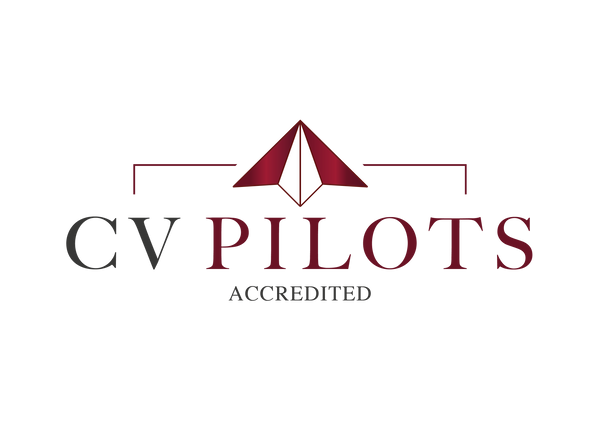
What is the difference between an industry CV and academic CV?
How industry and academic CVs differ in length, content and purpose
There are important differences between an industry CV and academic CV that you should be aware of as you start to prepare your document.
In this article, we explain the key differences between an industry (or professional) CV and academic (or research) CV to help you understand which one is best suited for your goals.
What’s the difference between an industry CV and an academic CV?
There are a few key differences between industry and academic CVs. They include:
1) Length
An industry CV should be one to two pages long.
We recommend a one-page document unless you have more than 7-10 years of experience.
Remember that recruiters have dozens, if not hundreds, of CVs to review.
They’ll appreciate your clarity and concision.
In contrast, an academic CV can be over three pages in length.
It includes more comprehensive information regarding your work history, education, research and publications, for example.
Depending on the length of your career, the breadth of your experience and the purposes you intend to use your academic CV for, it can span anywhere from 3-10 pages.
2) Level of detail
An industry CV is a focused document tailored to a specific position or type of role.
Your professional CV should include work experience that is relevant to the position for which you are applying.
It should serve as a highlight reel, so to speak, of your skills, career history and education.
As such, you can leave highly-detailed information out of your professional CV.
An academic CV is a more complete, well-rounded overview of your experience which is commonly used by PhD students or graduates seeking teaching positions.
It should include all of your experience, even if some of it doesn’t specifically pertain to the position you are seeking.
You can, and should, expand your academic CV to include information you wouldn’t normally include in a professional CV such as a detailed listing of:
- Research
- Publications
- Teaching experience
- Speaking engagements
- Volunteer experience
- Community involvement
- Board memberships
- Honors and awards
- Distinctions
- Professional associations
Though you will touch upon these elements on an industry CV, the extent to which you elaborate on them will be more concise and selective.
3) Purpose
Your industry CV provides a concise overview of your professional experience and skills.
It is designed to quickly convey your qualifications for a particular position.
Your academic CV, on the other hand, provides an extremely thorough and complete picture of your experience.
It is intended to walk your reader through your career step-by-step in detail.
Do I need a professional CV or an academic CV?
In the UK, a general industry CV is expected for most positions in the business world.
Longer academic CVs are more prevalent in certain fields including:
- Academia
- Medicine
- Education
- Research
- Science
You likely won't need an academic CV if you work in a business-related field.
However, we encourage you to create a similar document where you keep a detailed record of your accomplishments and projects you have worked on.
It’s always helpful to have a complete picture of your experience in one document that lists all of your positions, contributions, awards and publications in a great amount of detail.
Then, when you need to prepare a short-form professional CV, you can quickly pick and choose the information you need to put together tailored documents for different positions.
However, if you’re considering going into academia, science or a research-related field, definitely prepare a comprehensive academic CV.
Most of our clients who work in medical or scientific fields have both a traditional professional CV and more comprehensive CV.
To find out more, visit our website www.cvpilots.co.uk If you have any further questions, you can either book a consultation call with one of our team, or get in touch via email on team@cvpilots.co.uk

